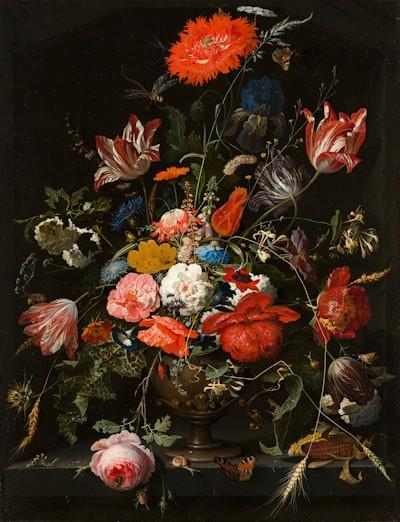The Subtle Art of Connecting With Anyone
Curated from: designluck.com
Ideas, facts & insights covering these topics:
3 ideas
·934 reads
9
Explore the World's Best Ideas
Join today and uncover 100+ curated journeys from 50+ topics. Unlock access to our mobile app with extensive features.
Shared Culture in Personal Relations
One of the reasons for bonding between groups of people is the shared culture that they have created. Culture is an invisible presence, a set of beliefs, history and rituals that encapsulates the values of the group, their conduct and their vision. This applies to movements, companies, and families.
154
404 reads
Large Groups Vs Small
A culture created in a two-way relationship or a small group is positive and open because it allows for differences to exist, which are not allowed by large groups in which cultures are attached to your identity.
Creating the right kind of culture organically is the magic of a strong relationship, something that is difficult in large groups with a shared ideology.
104
220 reads
Connections and Happiness
The idea of a complete and fulfilling life is always related to personal relationships. Happiness, in a way, is the other person. Happiness is our connections, and the relationships we foster, which create and shape us.
It's a lost art to cultivate personal relationships without agenda or motive, just connecting and trying to understand and relate to different people.
140
310 reads
IDEAS CURATED BY
“Talent wins games, but teamwork and intelligence win championships.”, Michael Jordan
John Q.'s ideas are part of this journey:
Learn more about loveandrelationships with this collection
How to align stakeholders
Best practices in product management leadership
How to create value together
Related collections
Similar ideas
3 ideas
The Subtle Art of Connecting With Anyone
zatrana.com
5 ideas
How Not to Care When People Don't Like You
lifehacker.com
2 ideas
Chemistry versus compatibility; what's more important?
independent.co.uk
Read & Learn
20x Faster
without
deepstash
with
deepstash
with
deepstash
Personalized microlearning
—
100+ Learning Journeys
—
Access to 200,000+ ideas
—
Access to the mobile app
—
Unlimited idea saving
—
—
Unlimited history
—
—
Unlimited listening to ideas
—
—
Downloading & offline access
—
—
Supercharge your mind with one idea per day
Enter your email and spend 1 minute every day to learn something new.
I agree to receive email updates
